What is a classic movie?
In one of the movie groups that I participate, someone launched the following theme: “Which is your preferred classic movie?”. From the top of my 64 springs and film buff since I was six years old, I expected for titles like “…Gone with the Wind” (USA, 1939), “Casablanca” (USA, 1942) or “The Ten Commandments” (USA, 1956), since there were a lot of young adults on the group.
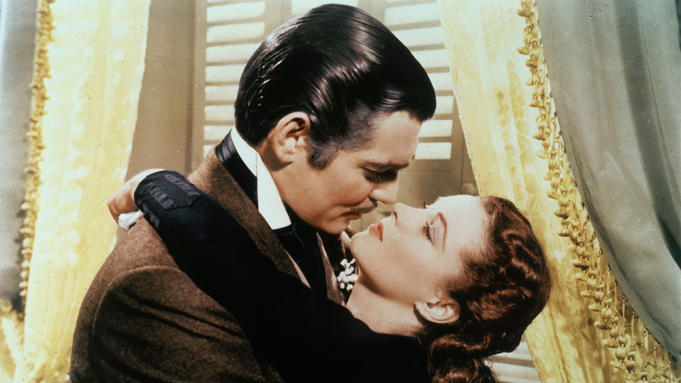
To my surprise, with the exception of “Citizen Kane” (USA, 1941), which is omnipresent in all the best films lists (although few have actually watched it), the titles that came out were: “Blade Runner” (USA, 1982), “Star Wars” (USA, 1977), “Jaws” (USA, 1975) and even “Ferris Bueller’s Day Off” (USA, 1986). To make me feel like a grandpa, when I pointed my suggestions, someone wrote “I have never watched these old movies”.
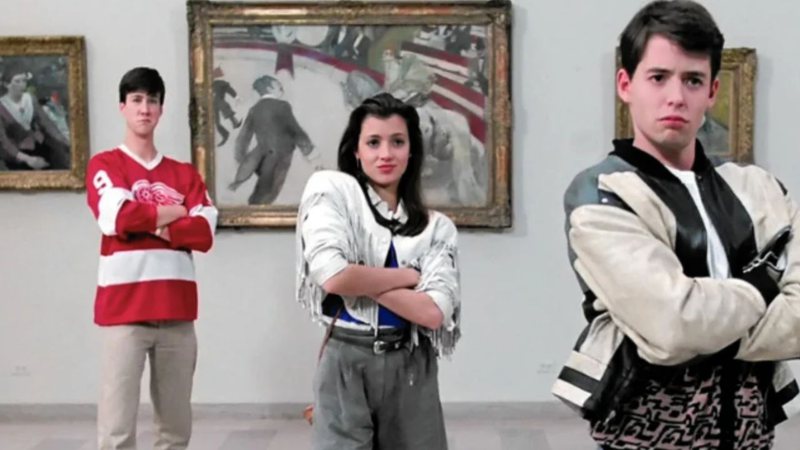
As the discussion unfolded, although one or the other mentioned Roberto Rosellini and Stanley Kubrick, the majority cited productions of great box office, made from the 80’s until now. This made me think of the question that is the title of this text: What is a classic movie?
From the dictionary, in the entry classic, we have “The highest quality, model, exemplary”, which would be a good clue. But it also has: “Whose value has been put to the test of time; traditional; old one”. Is this a classic movie, an old film, very well done?
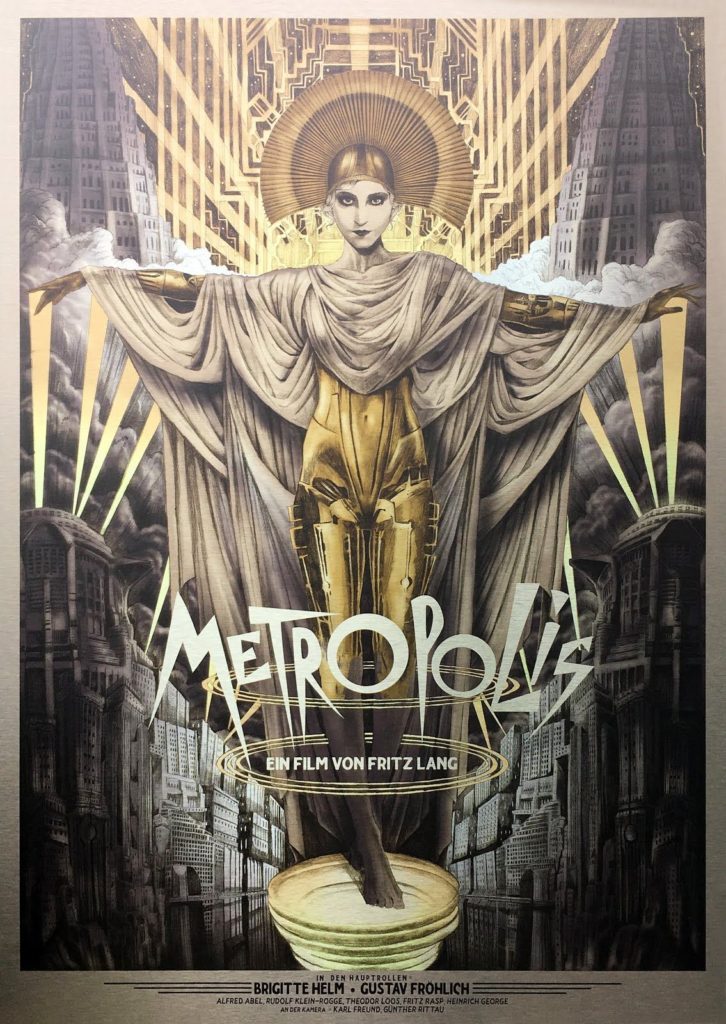
If we go around, how can we frame the films of the beginning of the 20th century, silent, in black and white and with a “hurried” rhythm? We would run the risk of discarding “Intolerance: Love’s Struggle Throughout the Ages” (USA, 1916) and “The Birth of a Nation” (USA, 1915) by D.W. Griffith, “Nosferatu” (“Nosferatu, eine Symphonie des Grauens”, GER, 1922) by Murnau, “Metropolis” (GER, 1927) by Fritz Lang and “The Battleship Potemkin” (“Bronenosets Potemkin”, RUS, 1925) by Eisenstein. Ten out of ten film scholars will classify them as classics.
Someone will certainly remember that a classic must have a serious theme. Well, what about the countless animations of Walt Disney and his competitors? Should we leave out the wonderful silent comedies of Charles Chaplin, Buster Keaton and Harold Lloyd?
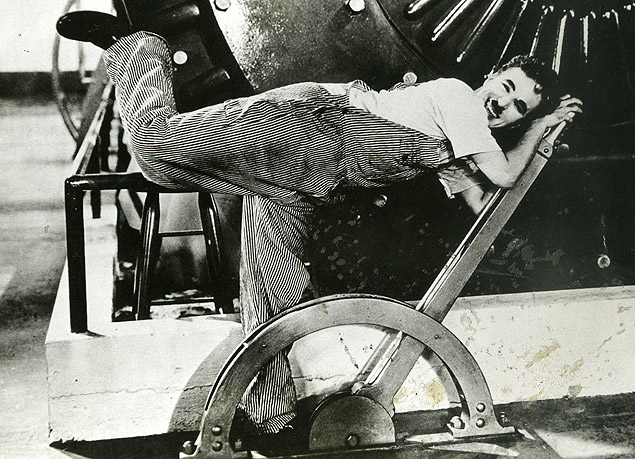
My fellow film critics must already be claiming the films of Alfred Hitchcock, Roberto Rossellini, Ingmar Bergman, John Huston, Akira Kurosawa, Stanley Kubrick, etc.
At this point, some reader may already be questioning: What about Brazilian filmmakers? How can we not classify Glauber Rocha with his “Black God, White Devil” (“Deus e o Diabo na Terra do Sol”, BRA, 1964), Lima Barreto’s “The Bandit” (“O Cangaceiro”, BRA, 1953), “How Tasty Was My Little Frenchman” (“Como Era Gostoso o Meu Francês”, BRA, 1971) by Nelson Pereira dos Santos and “Macunaíma” (BRA, 1969) by Joaquim Pedro de Andrade? And it is impossible not to add the winner of the Palme d’Or in Cannes “The Given Word” (“O Pagador de Promessas”, BRA, 1962) by Anselmo Duarte, although intellectuals threaten to skin me alive for it.
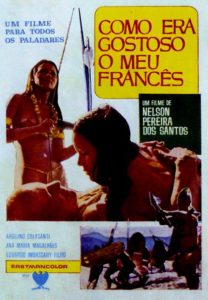
The truth, my dear readers, is that just like the spoken language, people do not always accept the concepts that scholars determine. The concept of classic film goes the same way. For most people, a classic movie is a film of great impact, whether for production cost, box office or even overexposure in the media.
That is why my aforementioned group colleagues cited what they considered classic movie: “Titanic” (USA, 1997), “The Lord of the Rings : The Fellowship of the Ring” (USA / NZ, 2001), “The Matrix” (USA, 1999), “ET the Extra-Terrestrial” (USA, 1982) and “Avatar” (USA, 2009).
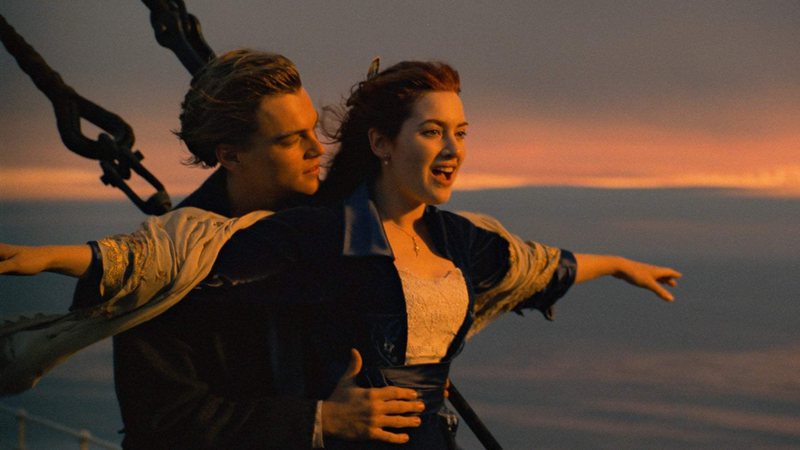
Certainly each person will choose a different list of movies, because he will associate the theme with the titles that have been preserved in his memory. Far from being a problem, this shows the richness of cinema as Art, which manages to imprint its indelible mark on each individual in a unique and perfect way.
Although I advocate this concept, which will certainly provoke the dislike of the cinephiles, I advise film lovers to broaden their horizons, looking for movies from different eras, authors and themes, available today in good quality on DVD and Blu-Ray, as well as internet streaming services.






